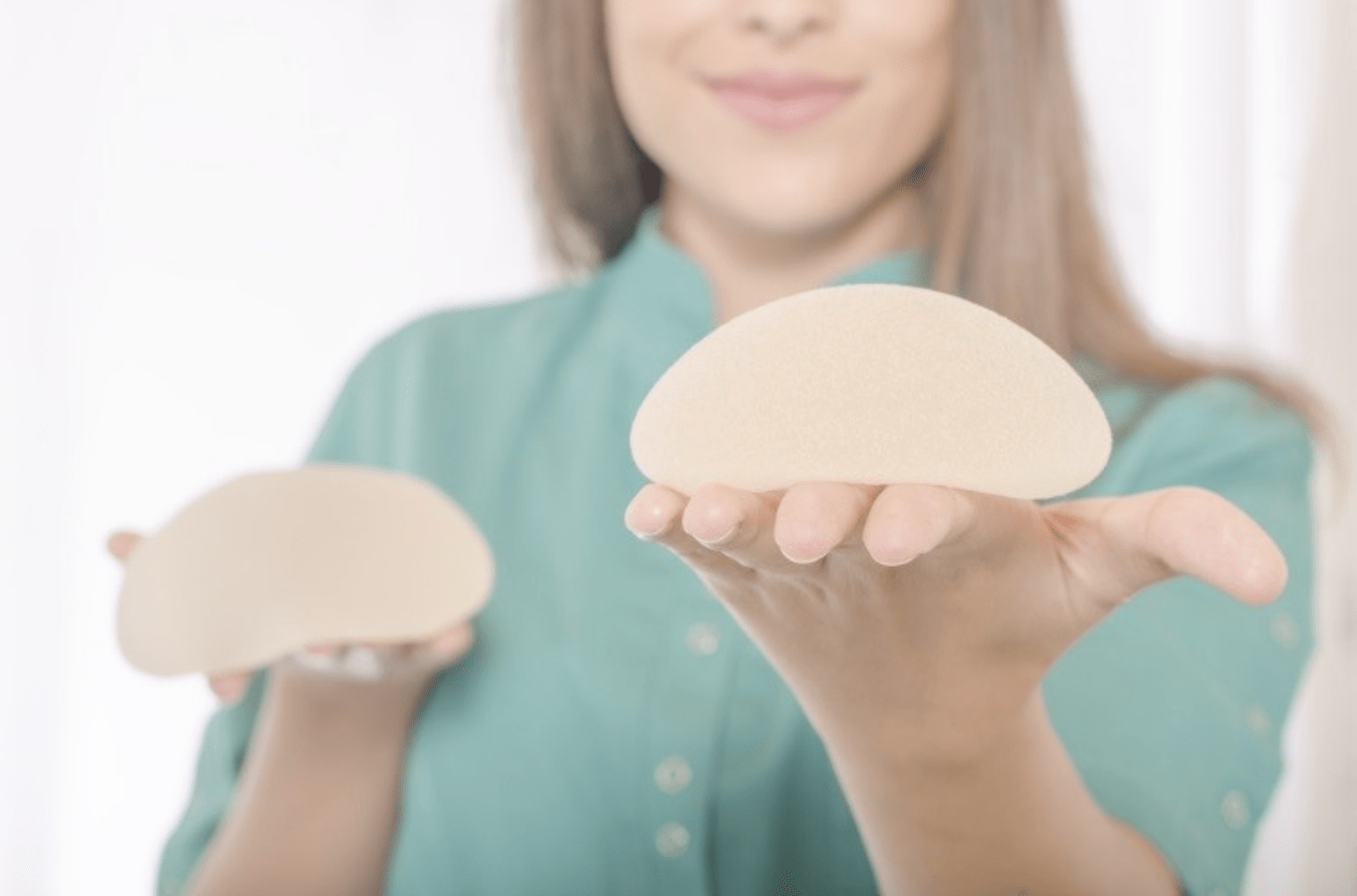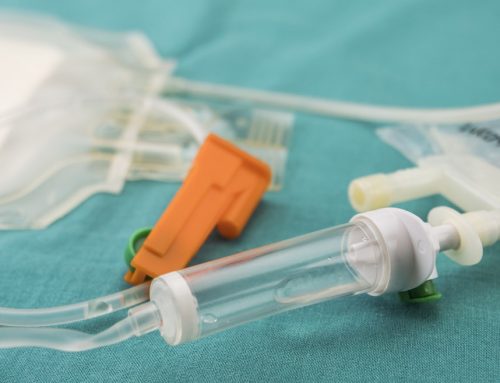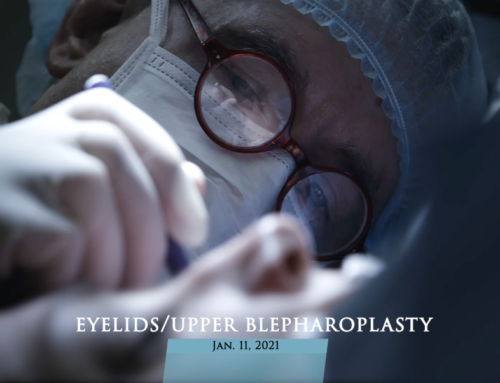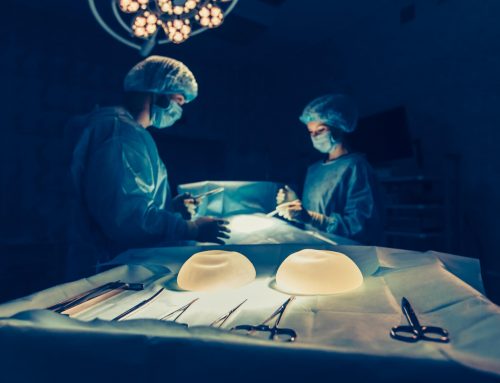Closed Capsulotomy for capsular contracture is controversial. Many plastic surgeons refuse to perform the maneuver and the manufacturers of implants don’t want their implants exposed to it. Nevertheless, I continue to offer it and have never really had any problems over many years. Let me make the case why closed capsulotomy should at least be considered.
Capsular contracture occurs when the capsule that forms around each and every breast implant shrinks around the prosthesis and squeezes it, making it feel firm and sometimes even distorting the appearance. We really don’t know what triggers this aesthetic problem, although there are some interesting theories that have spawned new and controversial therapies.
Options for Addressing Capsular Contracture
Here are some of the possible courses to take if capsular contracture occurs:
- Nothing – Capsular contracture is not a medical problem and some patients are content to live with firm implants.
- Accolate – A drug of doubtful benefit that is intended for use in asthmatics. The drug relaxes the smooth muscle which contracts during an asthmatic attack. Smooth muscle is also found in the capsules of patients who suffer from capsular contracture. It generates the vector of force on the implant. It is proposed that this drug can cause relaxation of the smooth muscle in the capsule and ameliorate the hardening. When the drug should be administered, the dosage and the duration are all speculative.
- Re-operation – Obviously expensive and associated with the risks and side effects of an operative procedure. There is also no guarantee that the contracture will not recur. Some advocate the use of acellular dermal matrix as part of the procedure which really drives up the cost and comes with no guarantee. The manufacturers insist that new implants should be used regardless of their age.
- Removal of the breast implants – No implant, no capsular contracture.
- Closed capsulotomy – This is an office maneuver that takes a couple of minutes. I don’t charge my patients for the service.
The Case for Closed Capsulotomy
Critics of closed capsulotomy point out that it may weaken or even break the prosthesis. In this maneuver, the plastic surgeon applies pressure to the afflicted breast which transmits that pressure to the breast implant. As the implant expands away from the area of applied pressure (picture squeezing a water balloon) it applies pressure to the capsule. The capsule fractures, increasing the surface area and relieving the force it delivers to the breast implant.
Complications might arise as a result of the force applied to the breast that would require an operation eg., hematoma (I’ve never seen one). The recurrence rate is high. Manufacturers may invalidate the breast implant warranty if they find a closed capsulotomy has been performed. Let me take these one at a time.
- The manufacturers brag about the resiliency of breast implants. I have had a closed capsulotomy demonstration implant in my office that I have forcefully squeezed (to duplicate the forces on the prosthesis)almost daily for years. It’s doing just fine. A closed capsulotomy was performed in less than a minute. Furthermore, I have never experienced a failure of an implant secondary to closed capsulotomy in 30 years of practice.
- The worst complication I have experienced is a bruise of the breast. I have never been forced to perform an operation as a result of closed capsulotomy.
- The recurrence rate is high, probably greater than 50%. So what? If it recurs immediately, it’s time to go to another option. If it takes 6 months or longer to recur, why not just repeat it? It only takes a couple of minutes and it’s free.
- Manufacturers frown on the maneuver and might invalidate the warranty when closed capsulotomy is performed on their implant. However, that same warranty does not cover capsular contracture. A revisional procedure for capsular contracture demands the purchase of new implants.
Whether a closed capsulotomy was performed or not prior to the operation, the patient still has to pony up for a new implant. Reoperation using the old implants (not a good idea) invalidates the warranty on those implants in the same way a closed capsulotomy does.
Closed capsulotomy does not always work and is not for everyone. It is not comfortable but most patients find it tolerable. The sensation of the capsule breaking up is more discomfiting than the pain most of the time. However, it certainly should be a part of the capsular contracture treatment algorithm.
















